Escape the hustle and bustle of city life and immerse yourself in the tranquility of nature at Massachusetts tent campgrounds. Amidst scenic landscapes, these campgrounds offer the perfect retreat for outdoor enthusiasts, families, and solo adventurers alike.
Whether you’re seeking a serene lakeside setting, a wooded escape, or a coastal getaway, Massachusetts has a plethora of tent camping options to suit every preference.
From starlit nights around the campfire to daytime adventures exploring hiking trails, swimming in crystal-clear waters, or simply relaxing in the great outdoors, camping in a tent allows you to connect with nature in a profound and meaningful way.
Join us as we embark on a journey to discover the beauty, serenity, and adventure that await at Massachusetts tent campgrounds, where memories are made, and adventures are embraced amidst the natural splendor of the Bay State. Let’s dive in.
Exploring the Best Massachusetts Tent Campgrounds
When it comes to embracing the great outdoors and reconnecting with nature, Massachusetts offers a plethora of options for tent camping enthusiasts. Let’s explore some of the best Massachusetts tent campgrounds, each offering its own unique charm and opportunities for adventure.
Shawme-Crowell State Forest, Sandwich
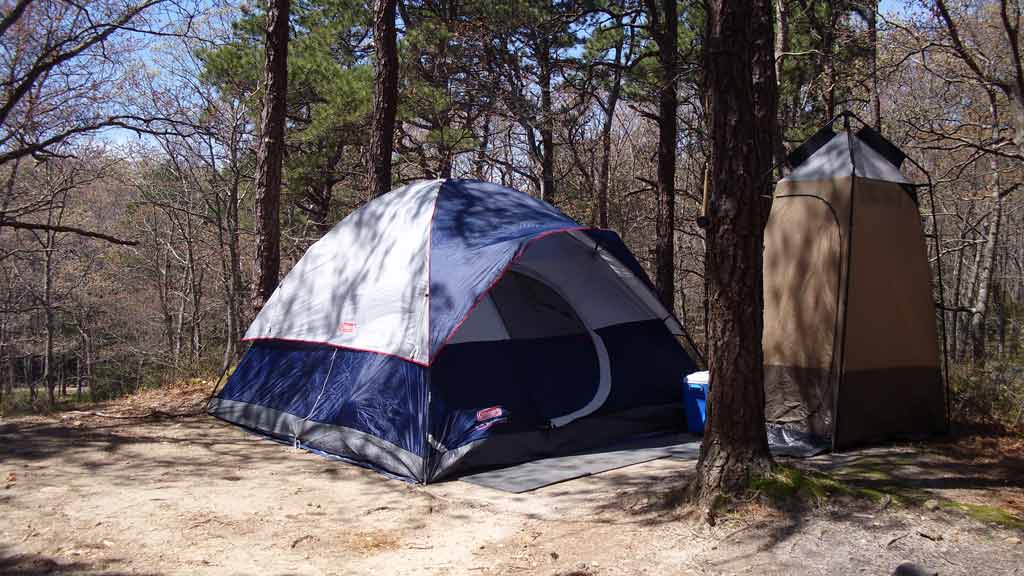
Located on Cape Cod, Shawme-Crowell State Forest offers a serene setting for tent camping amidst towering pine trees and lush woodlands. The campground features spacious and wooded campsites equipped with picnic tables and fire pits, providing a rustic yet comfortable camping experience.
Visitors can explore miles of hiking and biking trails that wind through the forest, swim in the crystal-clear waters of nearby ponds, or simply relax and unwind in nature’s embrace.
With its tranquil ambiance and proximity to Cape Cod’s pristine beaches and charming towns, Shawme-Crowell State Forest is a popular destination for outdoor enthusiasts seeking a peaceful retreat.
Myles Standish State Forest, Carver
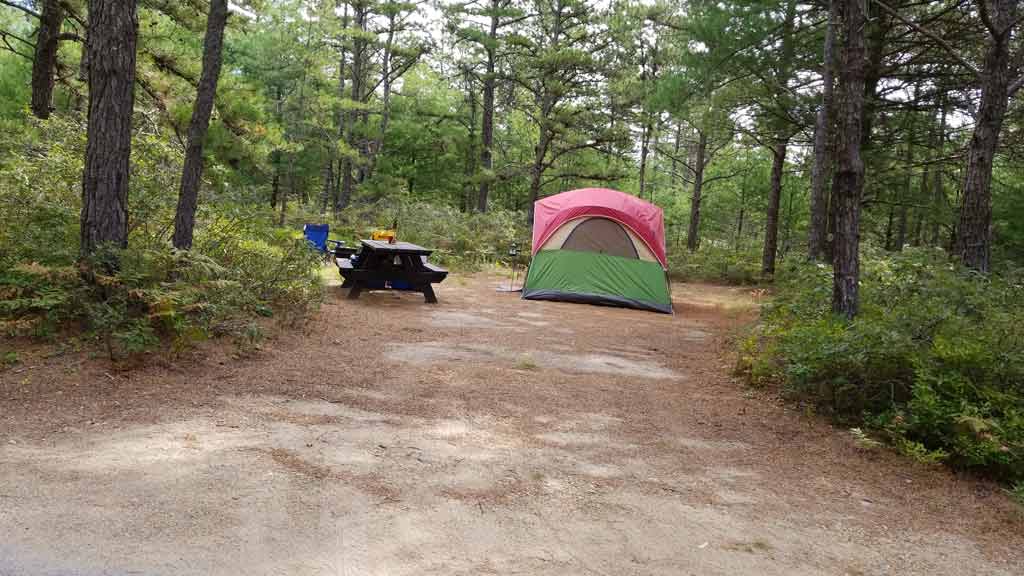
Spanning over 26,000 acres in southeastern Massachusetts, Myles Standish State Forest offers a vast wilderness playground for tent campers to explore.
The campground features several camping areas, including the Charge Pond and Curlew Pond campgrounds, each offering a mix of wooded and waterfront campsites.
Visitors can enjoy a variety of outdoor activities, including hiking, biking, fishing, swimming, and kayaking on the forest’s numerous ponds and lakes.
With its extensive trail network, diverse ecosystems, and abundant wildlife, Myles Standish State Forest provides endless opportunities for adventure and exploration in a pristine natural setting.
Harold Parker State Forest, Andover
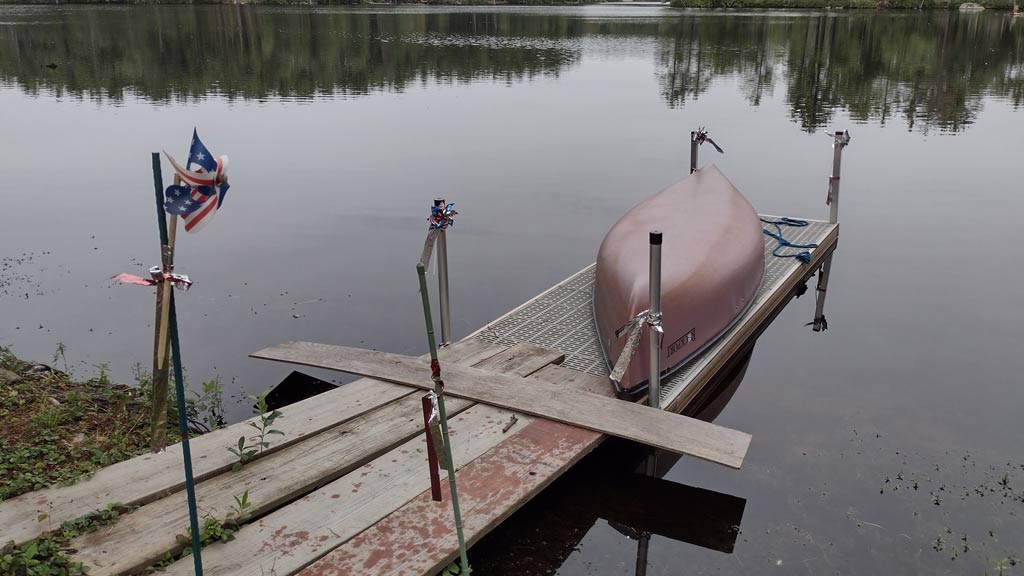
Nestled in the rolling hills of northeastern Massachusetts, Harold Parker State Forest offers a peaceful retreat for tent campers seeking solitude and tranquility.
The campground features wooded campsites equipped with fire pits and picnic tables, providing a secluded setting for overnight stays.
Visitors can explore miles of hiking trails that wind through the forest, swim in the refreshing waters of nearby lakes and ponds, or simply relax and enjoy the sights and sounds of nature.
With its scenic beauty, diverse habitats, and abundance of wildlife, Harold Parker State Forest is a hidden gem for outdoor enthusiasts looking to escape the hustle and bustle of everyday life.
Beartown State Forest, Monterey
Tucked away in the Berkshires of western Massachusetts, Beartown State Forest offers a remote and rugged camping experience for adventurous tent campers. The campground features primitive campsites scattered throughout the forest, providing a true back-to-nature experience.
Visitors can hike along the forest’s rugged trails, fish in pristine mountain streams, or simply enjoy the solitude and serenity of their surroundings.
With its towering hemlock trees, rocky outcroppings, and scenic vistas, Beartown State Forest offers a wilderness escape like no other, where campers can immerse themselves in the beauty and tranquility of the natural world.
Savoy Mountain State Forest, Florida
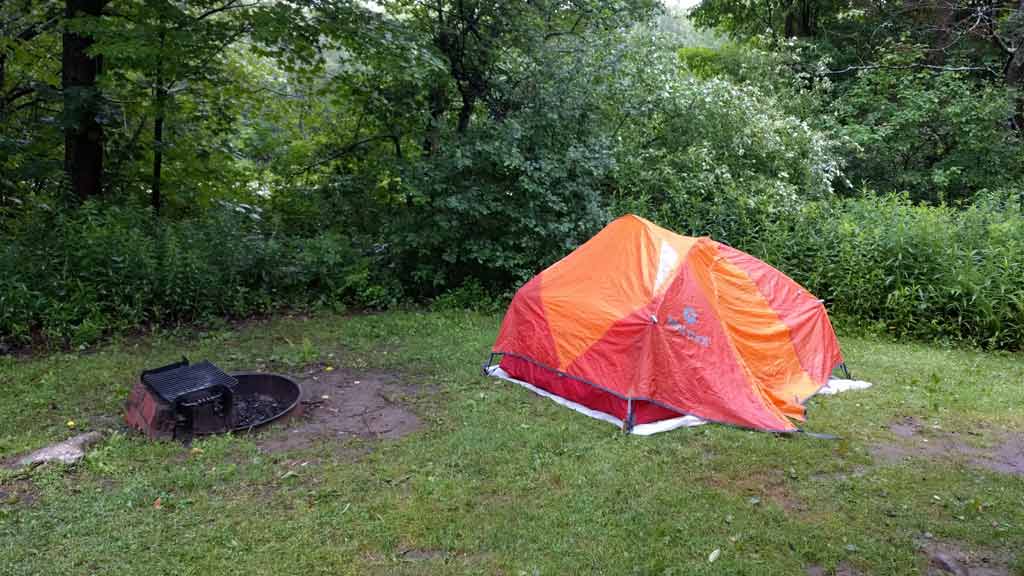
Perched atop the Hoosac Mountain Range in northwestern Massachusetts, Savoy Mountain State Forest offers stunning panoramic views and a variety of outdoor activities for tent campers to enjoy.
The campground features secluded campsites nestled among the forested slopes, providing a peaceful and picturesque setting for overnight stays.
Visitors can hike along scenic trails that lead to waterfalls, mountain summits, and pristine ponds, or simply relax and soak in the breathtaking views.
With its diverse landscapes, abundant wildlife, and tranquil ambiance, Savoy Mountain State Forest is a haven for outdoor enthusiasts seeking adventure and rejuvenation in the heart of nature.
Salisbury Beach State Reservation, Salisbury
Situated along the scenic coastline of northeastern Massachusetts, Salisbury Beach State Reservation offers a unique camping experience for tent campers seeking sun, sand, and surf.
The campground features oceanfront campsites with stunning views of the Atlantic Ocean, providing a picturesque setting for beachside camping.
Visitors can swim, surf, fish, or simply relax on the sandy shores of Salisbury Beach, or explore nearby attractions such as the Parker River National Wildlife Refuge and the historic seaside town of Newburyport.
With its pristine beaches, scenic vistas, and abundance of recreational opportunities, Salisbury Beach State Reservation is a popular destination for beach-loving campers looking to enjoy the best of coastal camping in Massachusetts.
Is It Legal to Camp Anywhere in Massachusetts?
While Massachusetts offers numerous designated campgrounds and public lands for camping, it’s important to note that camping is not permitted everywhere, and there are specific rules and restrictions to follow.
Let’s delve into the legal aspects of camping in Massachusetts, including where you can camp, regulations to abide by, and tips for a responsible camping experience.
Designated Campgrounds
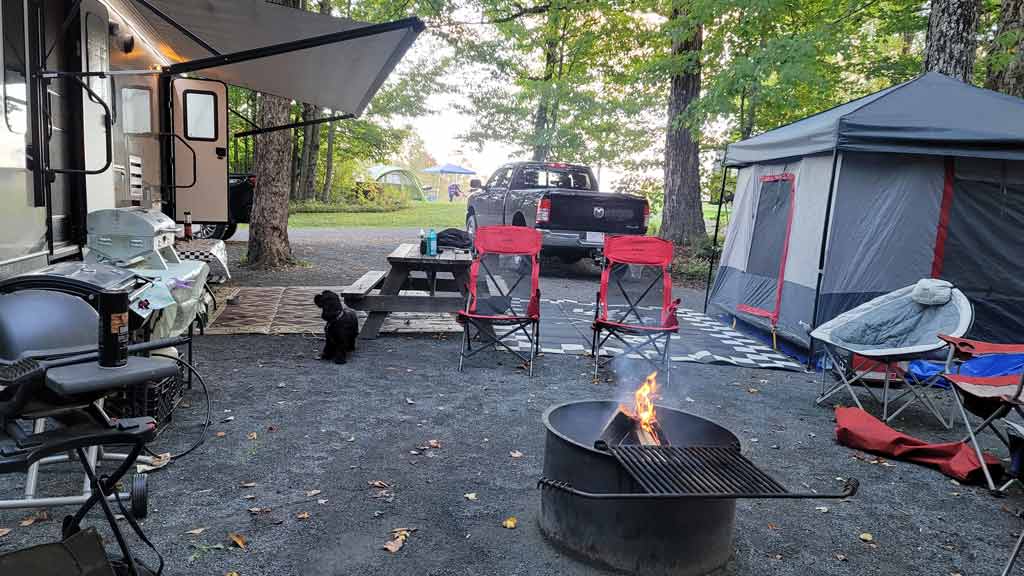
In Massachusetts, camping is primarily allowed in designated campgrounds, which include state parks, state forests, national parks, and private campgrounds. These campgrounds provide facilities such as campsites, restrooms, picnic areas, and fire pits, making them suitable for overnight stays.
Designated campgrounds often require reservations, and fees may apply for camping permits and amenities. It’s essential to check with individual campgrounds for their specific rules, regulations, and reservation policies before planning your camping trip.
Public Lands and Wilderness Areas
While camping is permitted in some public lands and wilderness areas in Massachusetts, there are restrictions and regulations to consider.
Many state parks and forests have designated camping areas with established campsites and facilities, while others may allow primitive camping in designated backcountry areas.
It’s crucial to research and follow the rules and regulations specific to each public land or wilderness area, including permits, camping limits, and Leave No Trace principles to minimize environmental impact.
Private Property
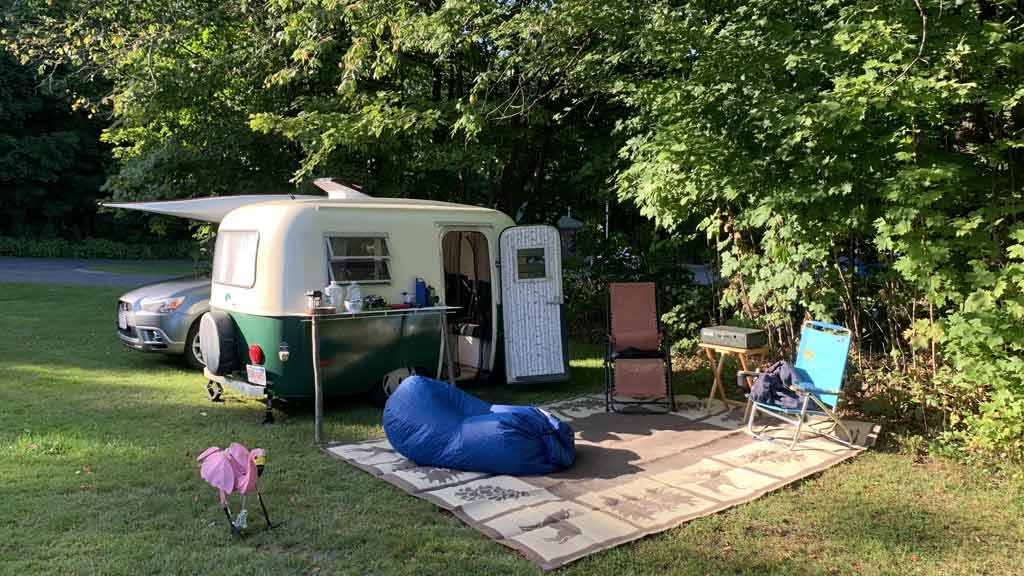
Camping on private property in Massachusetts requires permission from the landowner.
While some landowners may allow camping on their property with prior arrangement and permission, it’s essential to obtain explicit consent and adhere to any conditions or restrictions set by the landowner.
Trespassing on private property without permission is illegal and can result in fines, eviction, or legal consequences. Always respect private property rights and obtain permission before camping on private land.
Rules and Regulations
When camping in Massachusetts, it’s essential to familiarize yourself with the rules and regulations governing camping activities to ensure compliance and a positive experience. Some common rules and regulations to consider include:
Campsite Reservations
Many campgrounds require reservations in advance, especially during peak seasons. It’s advisable to book campsites early to secure availability.
Camping Permits
Some public lands and wilderness areas may require camping permits or passes for overnight stays. Be sure to obtain any necessary permits before your camping trip.
Campfire Regulations
Follow campfire regulations and guidelines set by the campground or land management agency. Use designated fire rings or pits for campfires, and adhere to any fire bans or restrictions in place.
Leave No Trace Principles
Practice Leave No Trace principles to minimize your environmental impact while camping. Pack out all trash, minimize campsite disturbances, and respect wildlife and natural resources.
Quiet Hours
Respect quiet hours established by the campground or land management agency to minimize noise disturbances and ensure a peaceful environment for all campers.
Wildlife Safety
Follow wildlife safety guidelines and precautions to prevent encounters with wildlife. Store food securely, dispose of trash properly, and avoid feeding or approaching wild animals.
Tips for Responsible Camping
To ensure a safe, enjoyable, and responsible camping experience in Massachusetts, consider the following tips. Research camping destinations, make reservations in advance, and familiarize yourself with rules and regulations.
Bring essential camping gear, including tents, sleeping bags, cooking supplies, and outdoor essentials such as insect repellent and sunscreen.
Practice Leave No Trace principles to minimize your environmental impact and preserve natural resources. Observe wildlife from a distance, avoid feeding or approaching wild animals, and store food securely to prevent wildlife encounters.
FAQs
Where can I find information about camping regulations in Massachusetts?
Information about camping regulations in Massachusetts can be found on the official website of the Massachusetts Department of Conservation and Recreation (DCR) or by contacting specific campgrounds and public lands directly.
Are there any age restrictions for camping in Massachusetts?
Age restrictions for camping in Massachusetts may vary depending on the campground or public land.
While many campgrounds welcome campers of all ages, some may have specific rules or guidelines regarding minors camping without adult supervision.
Can I camp in Massachusetts during the winter months?
Yes, camping in Massachusetts is possible during the winter months, but it’s essential to be prepared for cold temperatures, snow, and potentially hazardous conditions.
Some campgrounds may remain open year-round, while others may have seasonal closures or restrictions.
Do I need a camping permit to camp in Massachusetts?
The need for a camping permit in Massachusetts depends on the campground or public land where you plan to camp. Some areas may require camping permits or passes for overnight stays, while others may not.
It’s advisable to check with the specific campground or land management agency for permit requirements.
Are campfires allowed in Massachusetts campgrounds?
Campfire regulations vary by campground and may be subject to seasonal bans or restrictions based on weather conditions and fire danger levels. Many campgrounds in Massachusetts provide designated fire rings.
Conclusion
Massachusetts tent campgrounds offer an unparalleled opportunity to connect with nature and create lasting memories in the great outdoors.
Whether you’re pitching your tent beneath towering trees, beside a tranquil lake, or along the picturesque coastline, each campground provides a unique setting for adventure and relaxation.
As the sun sets and the stars emerge overhead, the simple pleasures of campfires, stargazing, and storytelling come to life, fostering a sense of camaraderie and wonder.
From the Berkshires to Cape Cod, Massachusetts’ diverse landscapes offer endless opportunities for exploration and discovery, inviting campers to hike, swim, fish, and immerse themselves in the natural beauty of the Bay State.
So, pack your tent, grab your gear, and embark on an unforgettable journey into the heart of Massachusetts’ wilderness, where every moment is a chance to reconnect with the rhythms of nature and rejuvenate your spirit.
Laura Chassaigne